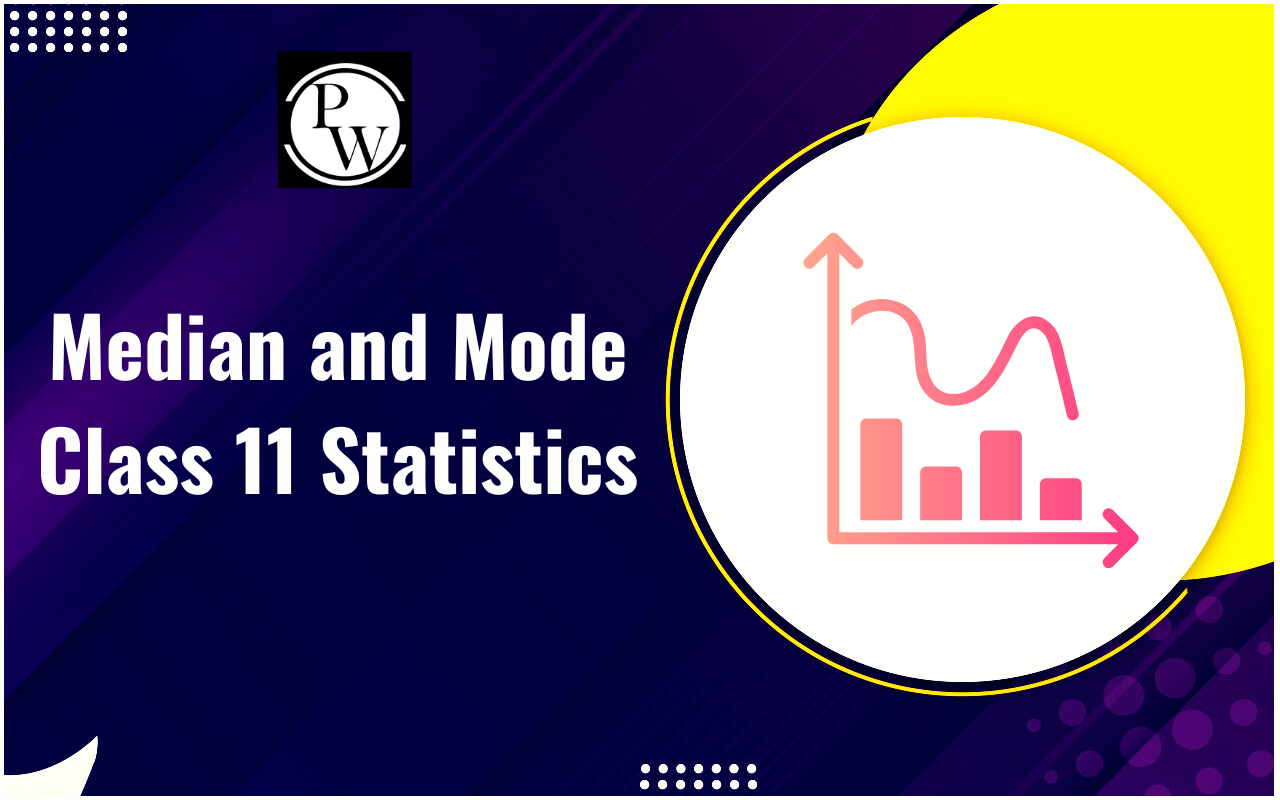
Bookkeeping is the daily recording of your company's financial transactions into structured accounts. It may also refer to the many recording methods available to companies. For many reasons, it is a crucial component of your accounting process.
Bookkeepers handle a company's financial records, ensuring they are accurate and simple to understand. Their job is critical to the smooth functioning of a firm, which might have numerous transactions in a single day, much alone a week, month, fiscal quarter, or year.
Bookkeeping Meaning
Bookkeeping is the systematic recording and organization of financial transactions and information about an individual, business, or organization. It involves the diligent and methodical entry of financial data into ledgers, spreadsheets, or specialized software.
In this, each financial transaction, whether it involves income, expenses, assets, or liabilities, is meticulously documented. This documentation includes details such as dates, amounts, descriptions, and the parties involved.
Objectives of Bookkeeping
The following are the main objectives of bookkeeping:
Accurate Financial Records: The primary goal is to maintain precise and error-free financial records, ensuring that all transactions are correctly recorded.
Organized Financial Data: It aims to systematically organize financial information, making it easily accessible and comprehensible for future reference.
Compliance with Regulations: Bookkeepers strive to adhere to legal and regulatory requirements, ensuring that financial records meet the necessary standards for reporting and taxation.
Accountability and Transparency: It fosters accountability by accurately tracking financial activities, promoting transparency within an entity, and holding responsible parties answerable for their financial transactions.
Types of Bookkeeping Methods
The choice of bookkeeping method depends on factors such as the entity's size, industry, and regulatory requirements. Here are the primary types of bookkeeping:
Single-Entry Bookkeeping:
This method is straightforward and suitable for small businesses and individuals. It involves recording only one side of each financial transaction, typically the income and expenses. Single-entry method is less detailed compared to the double-entry method and is primarily used for basic financial tracking.
Double-Entry Bookkeeping:
Double-entry bookkeeping is a more comprehensive approach that records both sides of every financial transaction—debit and credit. This method maintains a balance between assets, liabilities, equity, income, and expenses, providing a more accurate and robust financial picture. It is commonly used by larger businesses and organizations to create detailed financial statements.
Accrual Basis Bookkeeping:
Accrual basis bookkeeping records transactions when they occur, not necessarily when cash changes hands. This method matches revenues with expenses, providing a more accurate representation of an entity's financial position over time. It is often required for businesses with more complex financial structures.
Cash Basis Bookkeeping:
In contrast to accrual basis bookkeeping, the cash basis method records transactions only when cash is received or paid. It is simpler and suitable for smaller businesses that don't require advanced financial reporting. However, it may not provide a complete view of long-term financial health.
Importance of Bookkeeping
Bookkeeping holds significant importance for individuals, businesses, and organizations. Here are some of the main reasons why accounting is important:
- It allows for systematic recording and monitoring of financial transactions, enabling the tracking of income and expenses over time.
- Provides essential data for making informed financial decisions and strategies.
- Ensures accurate tax reporting and helps prevent potential legal issues with tax authorities.
- Promotes transparency by creating a clear record of all financial activities.
- Helps assess the financial health and performance of a business or organization.
- Accurate financial records enhance an entity's credibility with investors, creditors, and stakeholders.
- Facilitates preparation for financial audits and regulatory inspections.
- Assists in efficient management of resources, budgeting, and cash flow management.
- Often mandated by law, ensuring compliance with financial reporting regulations.
- Creates a historical record of financial transactions, aiding in future planning and analysis.
Bookkeeping and Accounting Differences
Bookkeeping and accounting are often used interchangeably, while they share common goals, they serve different functions. Here we have provided a comparison of the bookkeeping and accounting in a tabular format:
| Aspect | Bookkeeping | Accounting |
| Scope | Records daily transactions | Analyzes financial data |
| Primary Function | Systematic recording and organization of financial data. | Financial data interpretation and analysis to offer insights and make financial choices. |
| Level of Detail | Records transactions in a detailed manner, typically using a double-entry system. | Summarizes and interprets financial data for decision-making, often involving financial statements. |
| Timeframe | Day-to-day transactions | Periodic financial analysis |
| Responsibilities | Mainly responsible for data entry, ledger maintenance, and ensuring accuracy. | Involves financial analysis, forecasting, budgeting, and preparing financial reports. |
| Compliance | Aims to ensure records adhere to financial regulations and standards. | Focuses on compliance while also providing insights to optimize financial strategies. |
| Financial Statements | Does not typically generate financial statements. | Prepares financial statements such as income statements, balance sheets, and cash flow statements. |
| Decision-Making | Provides data for decisions | Analyzes data for decisions |
| Professional Designation | Often clerks or bookkeepers | Certified accountants or CPAs |
Role of a Bookkeeper
A bookkeeper's role might vary based on the demands of the firm. You might work for a huge corporation, a small firm, or as a freelancer. Other responsibilities you may have as part of your employment include:
- Gather and arrange financial data, cash flow statements, bank paperwork, and profit and loss statements.
- Create invoices and collect money from clients.
- Keep track of debits and credits for different accounts.
- Financial statements must be reconciled.
- Create a balance sheet as well as an income statement.
- Examine reports for correctness.
- Complete the payroll.
- Prepare and file business tax returns.
Bookkeeping FAQs
How often should I update my financial records?
What is the difference between bookkeeping and accounting?
Why is bookkeeping important for businesses?
What are the main principles of bookkeeping?
Do I need a professional bookkeeper or accountant for my business?










